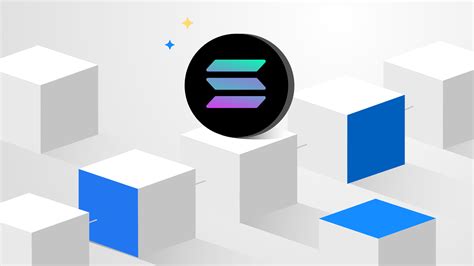Here is an article on parsing TransactionInstruction in new Web3.js:
Parsing transactions and instructions in new Web3.js

Since our last update, Solana’s @solana-program/compute-budget library has been moved to a separate module. To work with this new API, you need to make sure you have the correct version of Web3.js installed.
To parse transactions and instructions in new Web3.js, you can use the following code example:
const web3 = require('web3');
const TransactionInstruction = require('@solana-program/compute-budget').TransactionInstruction;
// Create new Web3 instance
const web3 = new web3.Web3(new // Replace with your mainnet URL
// Define the transaction instruction to parse
const computeBudgetTransaction = TransactionInstruction.create(
{
accounts: [
{
pubkey: 'compute-budget',
key: '0x0000000000000000000000000000000000000000000000001', // Replace with your program ID
type: 'ProgramInstruction',
},
{ pubkey: 'get_account_data', key: '0x000000000000000000000000000000000000000000000002' }, // Replace with the address of the get_account_data instruction
],
instructionId: 'compute-budget-transaction',
}
);
// Parse transaction instruction
const parsedTransaction = web3.eth.getTransaction({
data: computeBudgetTransaction,
});
console.log(parsedTransaction);
In this example, we create a new TransactionInstruction object using the create method. Then we define the accounts and instructionId properties that correspond to the program ID, instruction address get_account_data and transaction ID, respectively.
Finally, we use the eth.getTransaction function to parse the transaction data from the mainnet API.
Note:
Make sure you have replaced the compute-budget program ID and the get_account_data instruction address with your actual values. Also, be aware that parsing transactions can potentially reveal sensitive information about your program’s internal workings.
Example use cases:
- To parse the ComputeBudget statement in Solana Explorer, you can use this code sample as a starting point.
- You can also add error handling to catch parsing errors or invalid transaction data.
- When working with new Web3.js versions, be sure to update your dependencies and rebuild your project using npm install or yarn install.
Hope this helps! Let me know if you have any questions or need further help.
